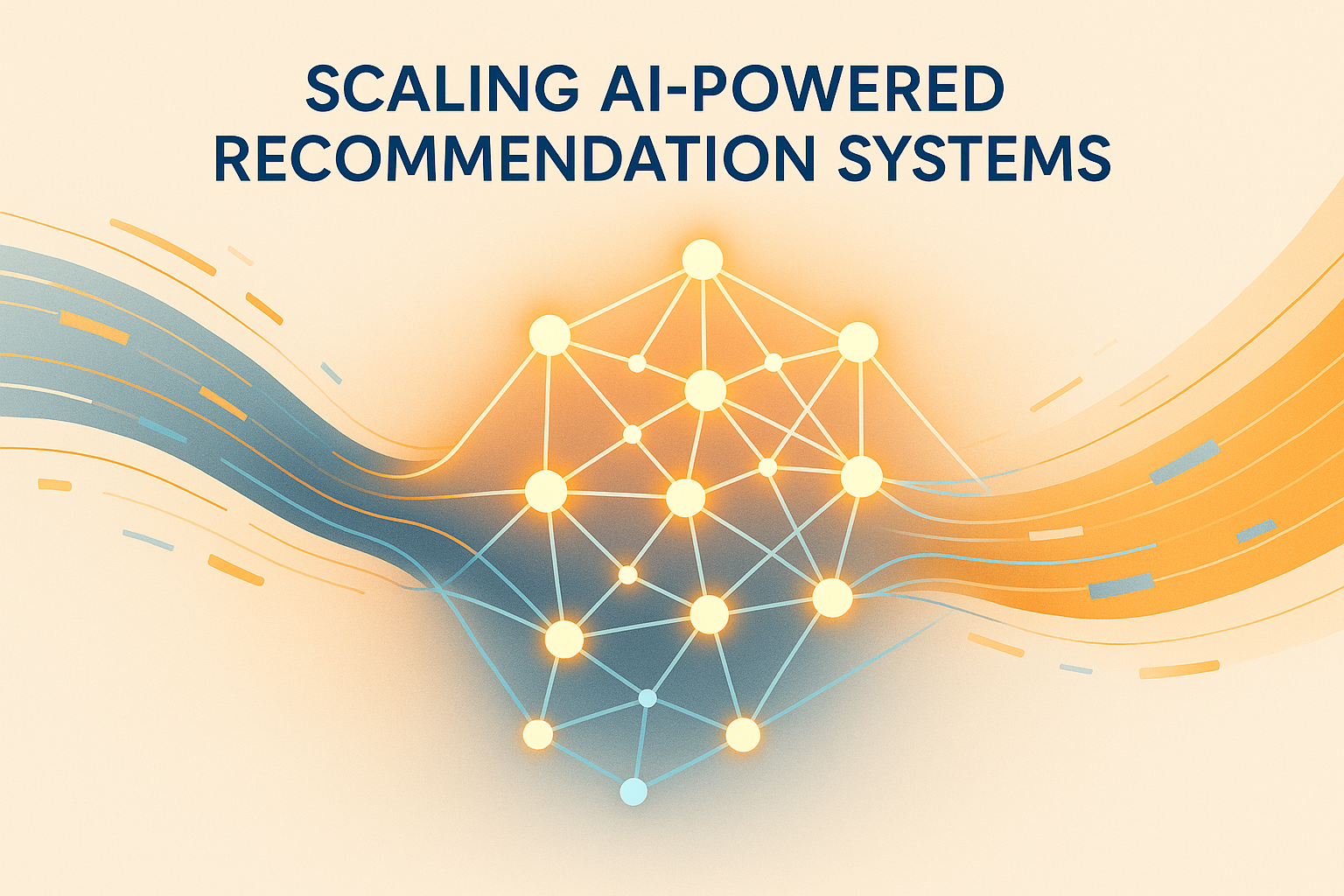Voice AI is transforming customer service with 24/7 availability, cost efficiency, and instant query handling. However, it struggles with emotional understanding and complex issues, where human agents excel. Businesses are adopting hybrid models - Voice AI for routine tasks and humans for nuanced interactions.
Quick Comparison
| Aspect | Voice AI | Human Customer Service |
|---|---|---|
| Availability | 24/7 service | Limited to business hours |
| Cost | High setup, low long-term cost | Lower setup, higher ongoing cost |
| Complex Issues | Limited | Strong problem-solving |
| Personalization | Basic | Deep emotional connection |
| Scalability | Unlimited interactions | Constrained by team size |
To balance efficiency and empathy, a mix of AI and human agents is often the most effective solution.
Related video from YouTube
Features of Voice AI and Human Customer Service
Strengths and Weaknesses of Voice AI
Voice AI has transformed customer service by offering efficient and cost-effective solutions. Its biggest advantage is the ability to manage multiple customer interactions at once while maintaining consistent quality. Some businesses have seen service costs drop by as much as 90%, especially when automating repetitive, high-volume tasks [2].
For instance, UrbanStems has reported major savings and better customer satisfaction thanks to AI technology [3]. However, Voice AI has its limits. While it handles routine questions and straightforward customer needs well, it struggles with more complex issues that require deeper understanding. Its inability to interpret emotions can sometimes lead to frustration, especially in sensitive situations [1].
| Voice AI Feature | Impact |
|---|---|
| Availability | 24/7 service without breaks |
| Response Time | Instant handling of multiple queries |
| Cost Efficiency | Up to 90% reduction in service costs |
| Complex Issues | Limited ability to address nuanced problems |
| Scalability | Handles unlimited simultaneous interactions |
Though Voice AI is highly efficient, its challenges with complex, emotionally charged issues underscore the importance of human customer service.
Pros and Cons of Human Customer Service
Human customer service stands out in areas where technology falls short. Agents are skilled at providing emotional support and resolving complicated issues that demand critical thinking and empathy [1]. Their ability to form genuine connections and deliver tailored, real-time solutions makes them essential for handling sensitive or challenging situations [4].
That said, human-led customer service has its own challenges:
| Human Service Aspect | Challenge |
|---|---|
| Availability | Limited to specific business hours |
| Scalability | Constrained by team size and training needs |
| Cost | Higher ongoing operational expenses |
| Consistency | Service quality can vary between agents |
| Processing Speed | Can only manage one interaction at a time |
sbb-itb-bec6a7e
Comparing Efficiency, Costs, and Personalization
Efficiency and Cost Comparison
Voice AI offers a clear edge in handling customer service tasks efficiently. It can manage unlimited interactions at the same time, unlike traditional methods that handle one query at a time. For instance, Dialzara's Voice AI setup handles large volumes of inquiries 24/7, showcasing its ability to scale effortlessly [2].
| Metric | Voice AI | Traditional Service |
|---|---|---|
| Query Handling | Multiple simultaneous | One at a time |
| Response Time | Instant | Variable (minutes to hours) |
| Training Requirements | One-time setup | Ongoing training needed |
Personalization and Emotional Support
Voice AI leverages data to create tailored customer interactions, ensuring a consistent experience for users [1]. For example, Zendesk AI demonstrates how automation can handle repetitive tasks while still delivering a personalized touch [3].
That said, when it comes to emotional intelligence, human agents take the lead. They excel in managing sensitive situations or complex issues that require empathy [1][4]. This human connection is crucial for resolving disputes, addressing delicate matters, and providing premium support.
To maximize the benefits of both approaches, many businesses now use a hybrid model. Voice AI handles routine tasks efficiently, while human agents step in for more nuanced, emotionally charged issues. This combination allows companies to meet a wide range of customer needs effectively [2][4].
Use Cases and Trends in Customer Service
Where Voice AI and Human Service Work Best
Voice AI shines in industries like e-commerce, where tasks such as order tracking and delivery updates are frequent and straightforward. On the other hand, human service plays a key role in areas like healthcare and financial services, where issues often involve sensitive information and require a personal touch [1][4].
| Industry | Preferred Approach | Key Advantages |
|---|---|---|
| E-commerce | Voice AI | Around-the-clock support, automated query handling |
| Healthcare | Human Service | Empathy, complex issue resolution, tailored care |
| Financial Services | Human Service | Secure data handling, dispute management |
| Restaurants | Voice AI | Fast reservations, menu assistance, order handling |
While these examples highlight where each approach excels, combining AI and human agents often creates a more balanced and effective customer service strategy.
Combining AI and Human Agents
Businesses today are blending Voice AI with human agents to handle customer service more effectively. Voice AI manages routine tasks, while human agents step in for situations that require creativity or emotional understanding [2][3]. The success of this hybrid model depends on ensuring a seamless transition between AI and human support, especially when dealing with complex or emotionally charged issues.
How Platforms Like AI for Businesses Help

Platforms like AI for Businesses offer tools that help companies implement this hybrid model. These platforms simplify the process of integrating AI solutions, allowing businesses to automate routine tasks, provide 24/7 support, and scale operations without needing extensive technical knowledge or large investments.
Conclusion: Choosing the Best Option for Your Business
Factors to Consider When Deciding
When deciding between Voice AI and human customer service, the nature of your customer inquiries plays a big role. If your business mainly handles straightforward questions, Voice AI can streamline operations. On the other hand, businesses dealing with sensitive or complex issues may find human agents more effective [1].
| Factor | Voice AI Strength | Human Service Strength |
|---|---|---|
| Query Volume | Handles large volumes of routine inquiries | Excels in managing complex or unique cases |
| Cost | Reduces long-term operational expenses | Provides better value for high-stakes interactions |
| Integration | Scales easily with existing systems | Adapts more flexibly to specific workflows |
| Customer Insights | Gathers automated feedback efficiently | Offers direct, nuanced customer insights |
Weigh these factors against your business objectives and what your customers expect to choose the best approach.
Final Summary
Combining Voice AI with human agents can help businesses improve efficiency while meeting a variety of customer needs. Tools like AI for Businesses make it easier to adopt this hybrid approach, offering industry-specific AI solutions that don’t require advanced technical expertise.
Start with a mix of Voice AI and human support, using platforms like AI for Businesses to implement the setup. Then, adjust based on customer feedback and performance metrics like satisfaction scores and resolution rates.
"Integrating AI with human agents can help businesses achieve a balanced approach that meets both efficiency and customer satisfaction goals" [2][4].
As customer needs shift, using data to refine your strategy will ensure you continue to meet operational goals while keeping customers happy.


